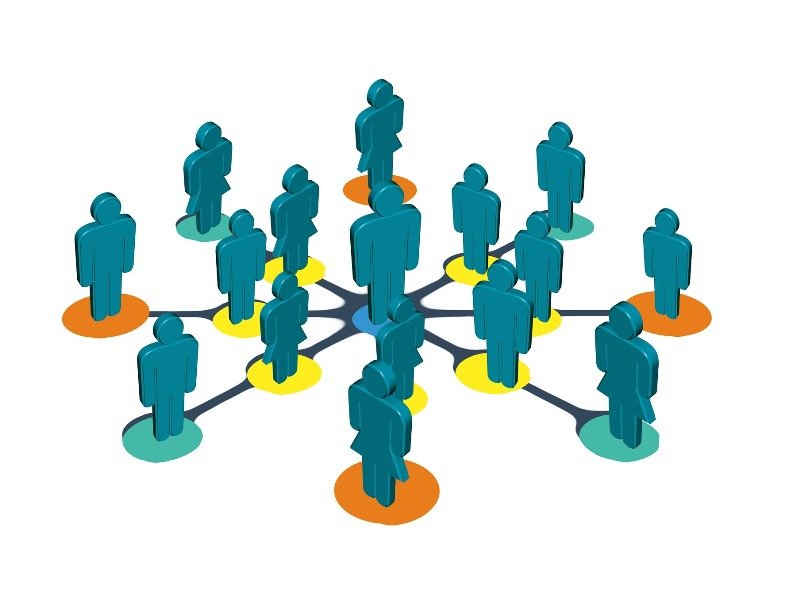Reinier advises national and international companies
reinier.russell@russell.nl +31 20 301 55 55Is the supplier allowed to determine for what price the distributor has to sell products or services?

A distribution agreement is an agreement between a supplier and a distributor. The distributor buys products or services from the supplier for the purpose of selling them to, for instance, shop owners or consumers. As opposed to agency, this resale is for the account and risk and in the name of the distributor.
A distribution agreement contains various arrangements made between supplier and distributor, for instance including:
Distribution agreements often contain arrangements about the price the distributor has to pay for the purchase of the products or services of the supplier. These arrangements are not unlawful pricing agreements and therefore can be made.
Sometimes the supplier and distributor do not only make arrangements regarding the sales price but also the resale price. This is the price for which the distributor sells the products or services to his buyers. For arrangements regarding the resale price strict requirements are in place. The supplier is allowed to impose a maximum resale price on the distributor or give a recommended price for resale. Arrangements made on minimum prices or fixed resale prices are considered to be unlawful pricing agreements however.
Imposing a fixed or minimum resale price on the distributor is also known as vertical price fixing. Vertical price fixing is prohibited under competition law as it can limit competition on the market, which is unfavourable to consumers.
If the supplier and distributor make unlawful price fixing agreements, the Netherlands Authority for Consumers and Markets (ACM), the Dutch competition authority, can impose a fine or other sanction.
Would you like to get legal advice on (pricing agreements in) distribution agreements? Do you need help drafting or checking a distribution agreement? Please contact:
As of 1 January 2026, the Money Laundering and Terrorist Financing (Prevention) Act (Wwft) will change. Cash payments of EUR 3,000 or more will then be prohibited. What does this mean for the retail sector and the art trade?
A franchise agreement is often linked to an agreement for the lease of business premises. What happens if the franchisor and franchisee have a conflict? Does the lease agreement remain in force if there are problems with the franchise?
Managing a nonprofit organization requires not only idealism and dedication, but also a sensible approach to legal opportunities and risks. This ensures that the charity is future-proof. What are the important issues that need to be properly addressed?
Almost all companies now use some form of AI. This means that they may be subject to the prohibitions and regulations set out in the European AI Act. How can you ensure that you comply with these rules?
The new Labour Supply Act (Wtta) imposes stricter requirements on temporary employment agencies, payroll companies and secondment agencies. But the Wtta also has major consequences for companies that use their services. What does this mean for their personnel policy and administration?
Employees who consume alcohol and drugs during work or who want to work under the influence remain a problem for employers. What measures can you take against this? Are you allowed to test an employee if you suspect they are under the influence?